As the debate surrounding the potential ban on DJI drones continues to unfold, it’s crucial to separate fact from fiction. With the fluidity and volatile nature of this subject, it’s essential to provide accurate and up-to-date information. Vic Moss did just that in an article for the DSP Alliance to address the common misconceptions and provide clarity on the current state of affairs.
No Immediate Ban on DJI Drones
One of the most prevalent fallacies circulating is that DJI drones will be banned outright. However, as Moss points out, “The odds of an outright ban are extremely small. Not impossible, but remote as best.” The current language of the Countering CCP Drones Act (CCCPDA) would only require the FCC to deny future DJI license requests, not revoke existing ones.
DJI Drones Will Not Be Bricked
Another common misconception is that DJI drones will be “bricked” if the CCCPDA becomes law. Moss clarifies, “Even if the long shot of the FCC revoking current DJI licenses were to happen, that doesn’t mean your drone will be bricked.” He explains that the only way for drones to be bricked would be for DJI to send a command, which is highly unlikely.
The Legislative Process
Many people mistakenly believe that since the House passed their version of the National Defense Authorization Act (NDAA) containing the CCCPDA language, it has become law. However, as Moss explains, “That’s not how D.C. works.” The bill still needs to go through the Senate, a Congressional conference committee, and receive a Presidential signature before becoming law.
Impact Beyond DJI
While the CCCPDA language primarily targets DJI, it also includes the phrase “or any subsidiary or affiliate thereof.” This means that depending on how “subsidiary or affiliate” is defined, it could potentially impact other Chinese drone manufacturers such as Anzu or Specta.
No Tariff Increase in CCCPDA
Contrary to some rumors, the CCCPDA language does not include provisions for increasing tariffs on Chinese drones. Moss clarifies that people are confusing the language in the Drones for First Responders Act (DFR) with the NDAA language. The DFR is a separate bill that has not yet been introduced.
Questioning the Security Concerns
Moss raises an important point regarding the security concerns surrounding DJI drones. He questions, “If there was a true security issue, then we need an immediate ban. Now!” The fact that there seems to be no urgency in implementing a ban suggests that the security concerns may not be as severe as claimed.
As the situation continues to evolve, it’s crucial to stay informed and rely on accurate information. Misinformation can cause great damage to both the Drone Industry and hobby. By dispelling common fallacies and providing clarity on the current state of affairs, we can engage in a more productive dialogue and make informed decisions moving forward.
DroneXL’s Take
The proposed ban on DJI drones has far-reaching implications for the drone industry as a whole. While security concerns should always be taken seriously, it’s essential to approach the issue with a balanced perspective. The lack of urgency in implementing an immediate ban raises questions about the severity of the alleged security risks.
Furthermore, the potential impact on other Chinese drone manufacturers highlights the need for clear definitions and careful consideration of the language used in any proposed legislation. As the situation continues to unfold, it’s crucial for the drone community to stay informed, engage in constructive dialogue, and advocate for policies that promote innovation and growth in the industry while addressing legitimate security concerns.
Discover more from DroneXL
Subscribe to get the latest posts to your email.


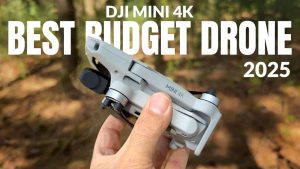

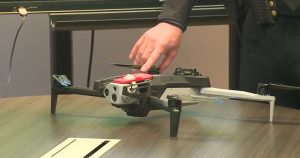
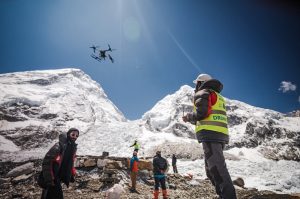
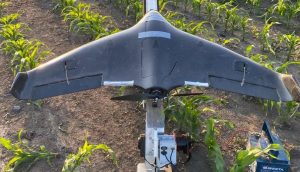
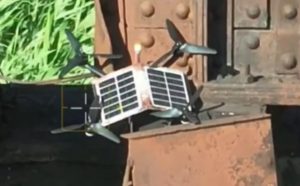
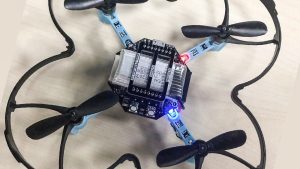
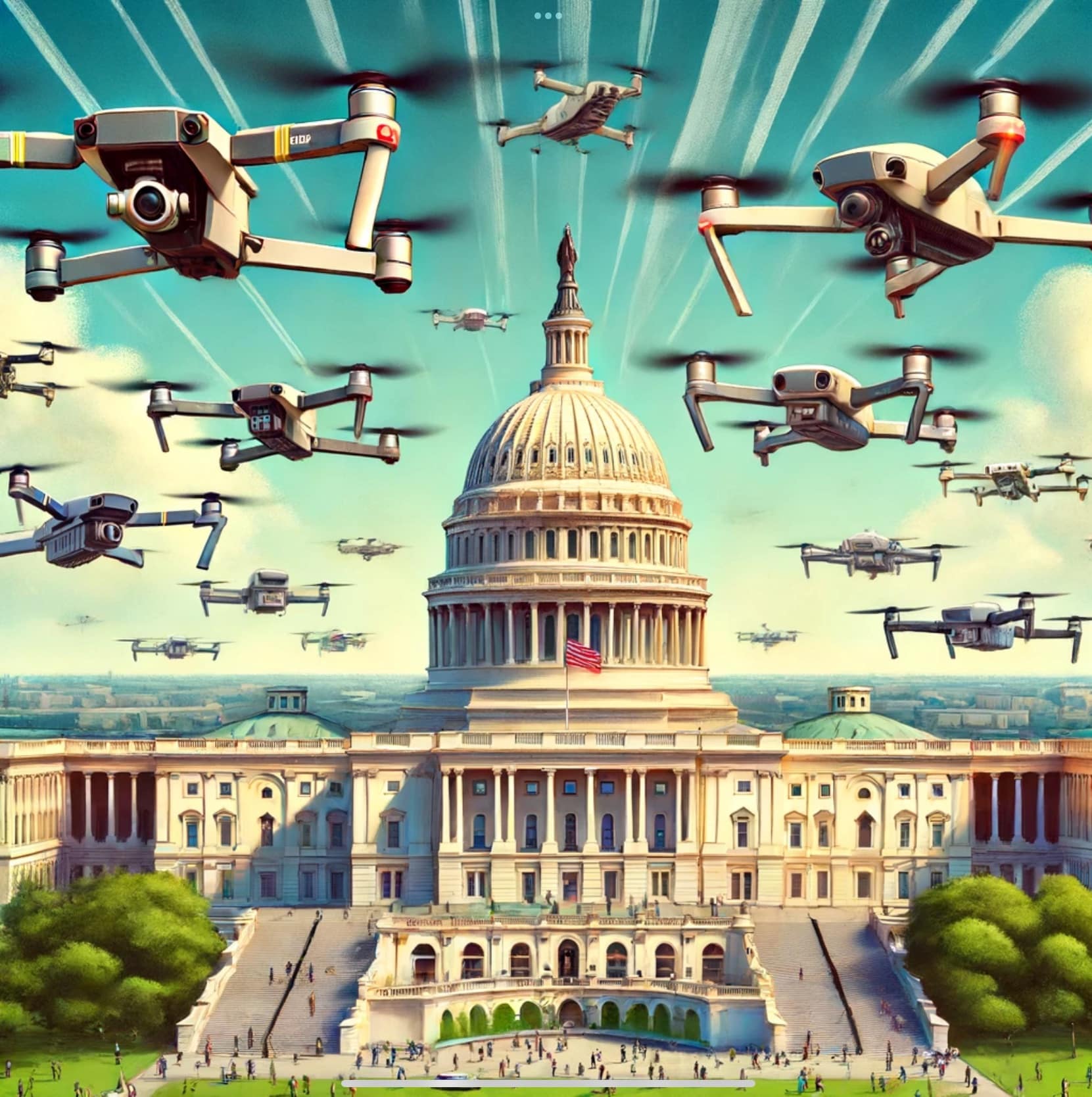
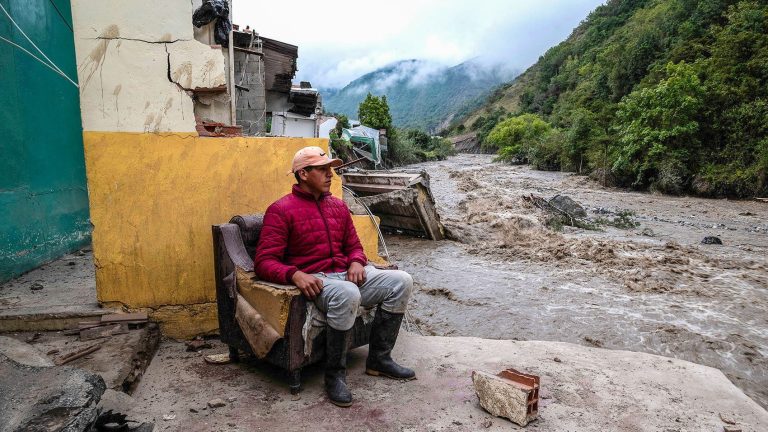

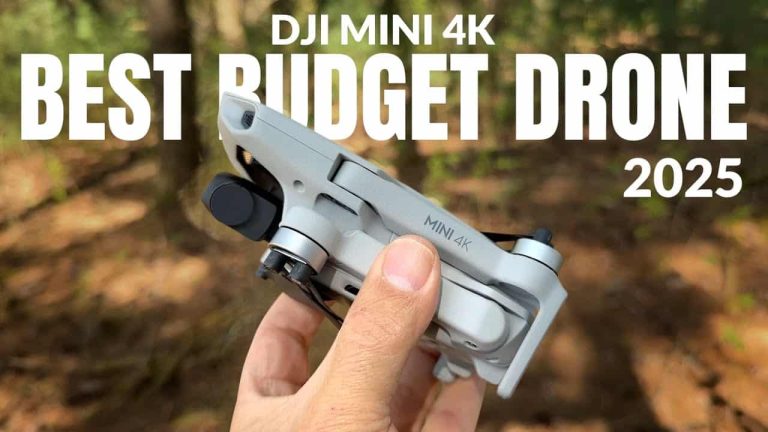

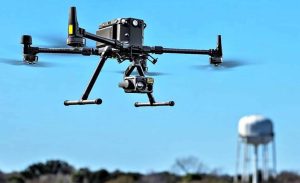
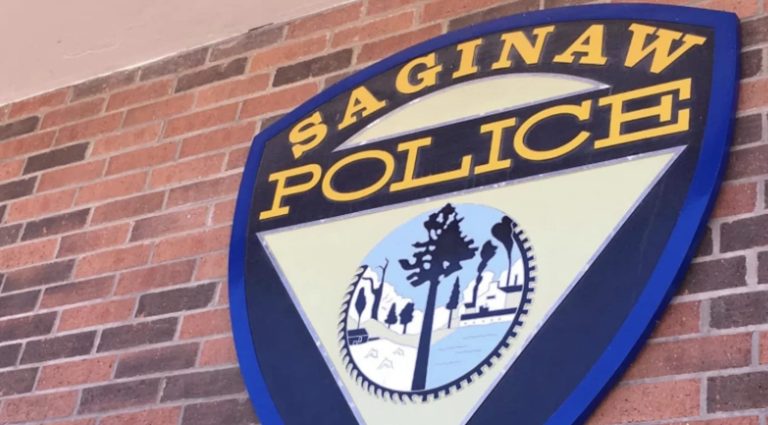
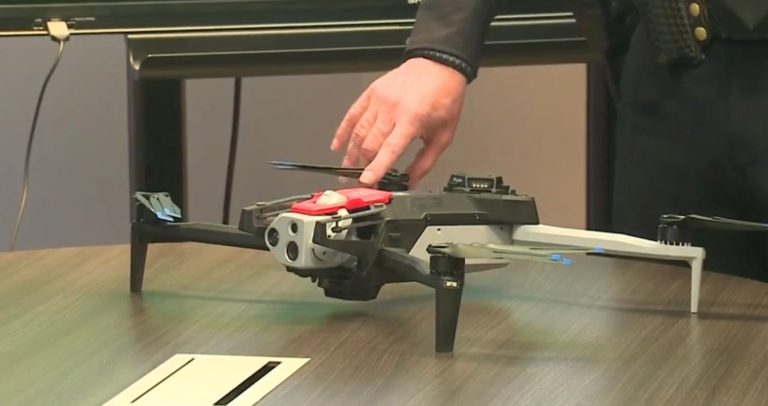
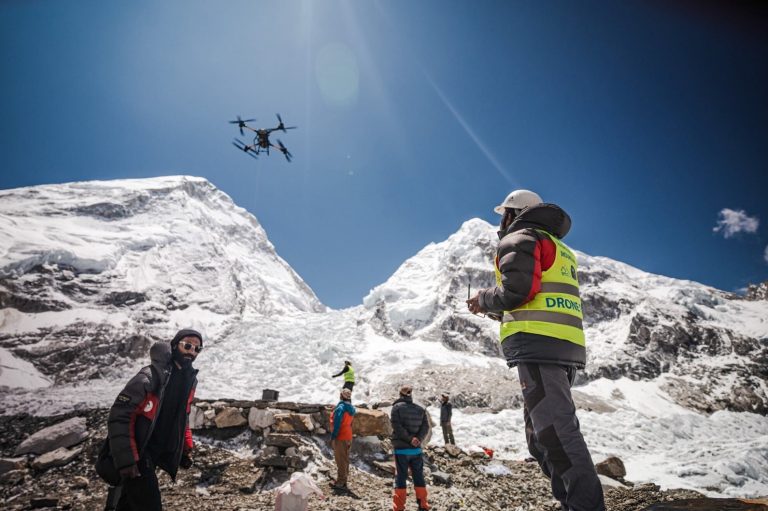
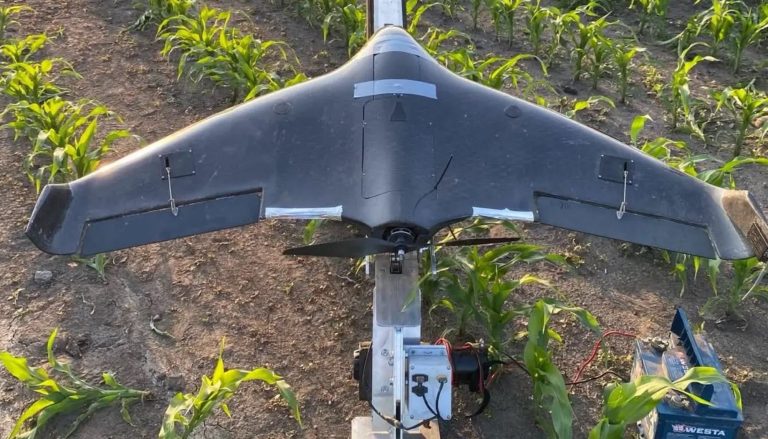
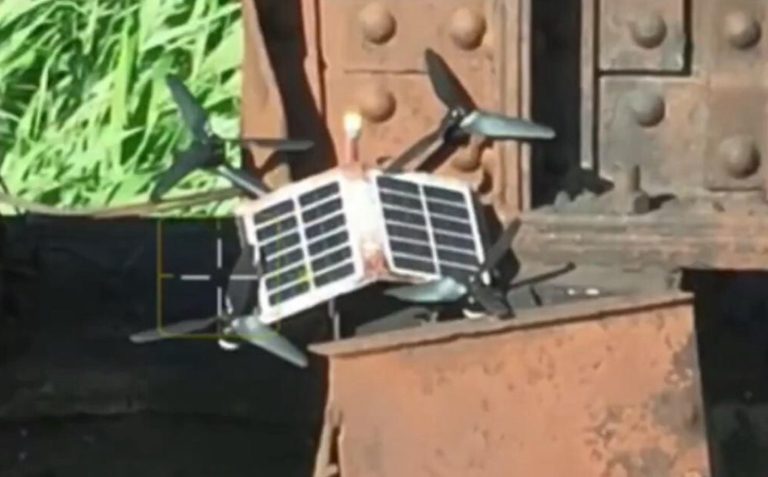
+ There are no comments
Add yours